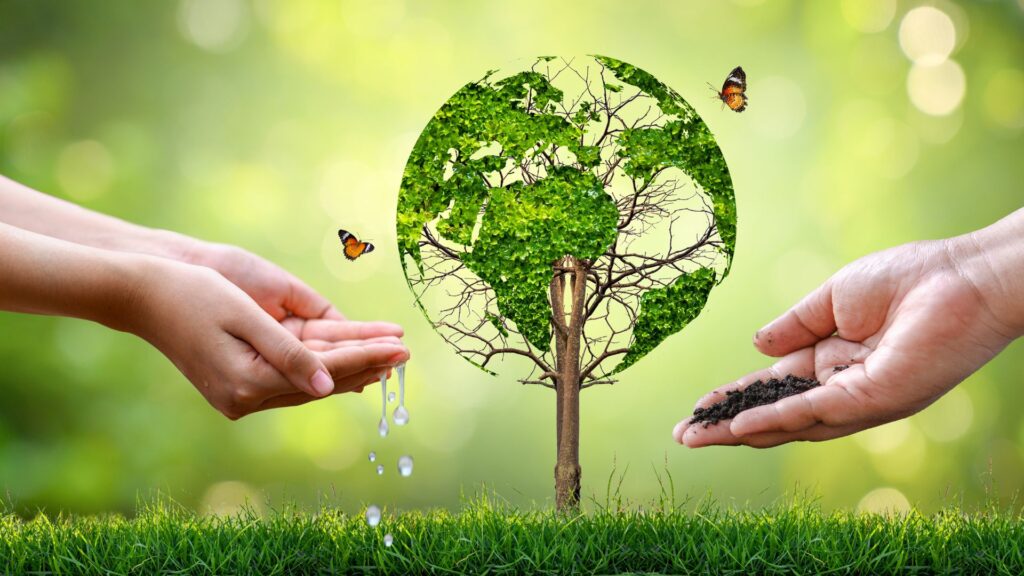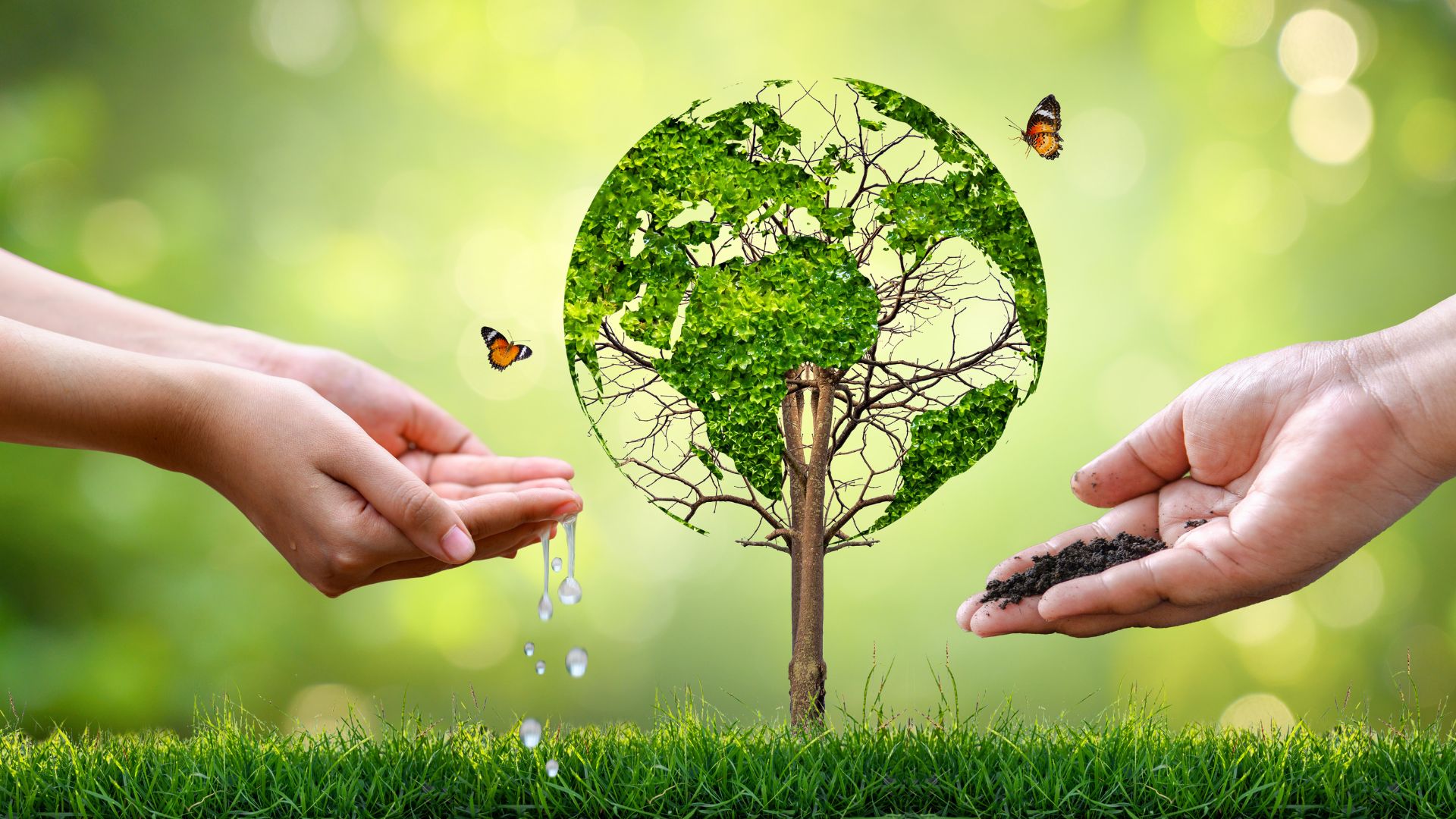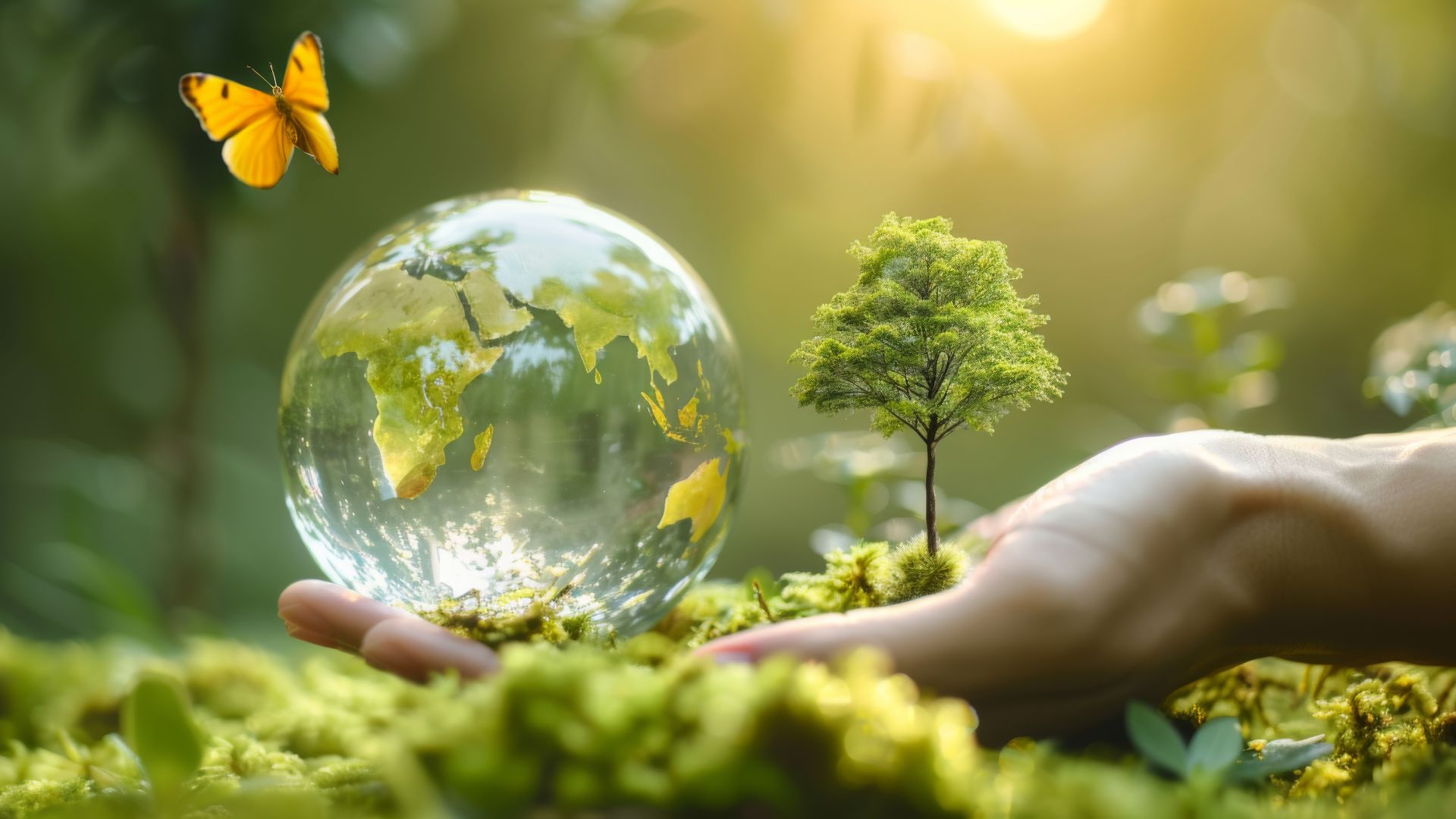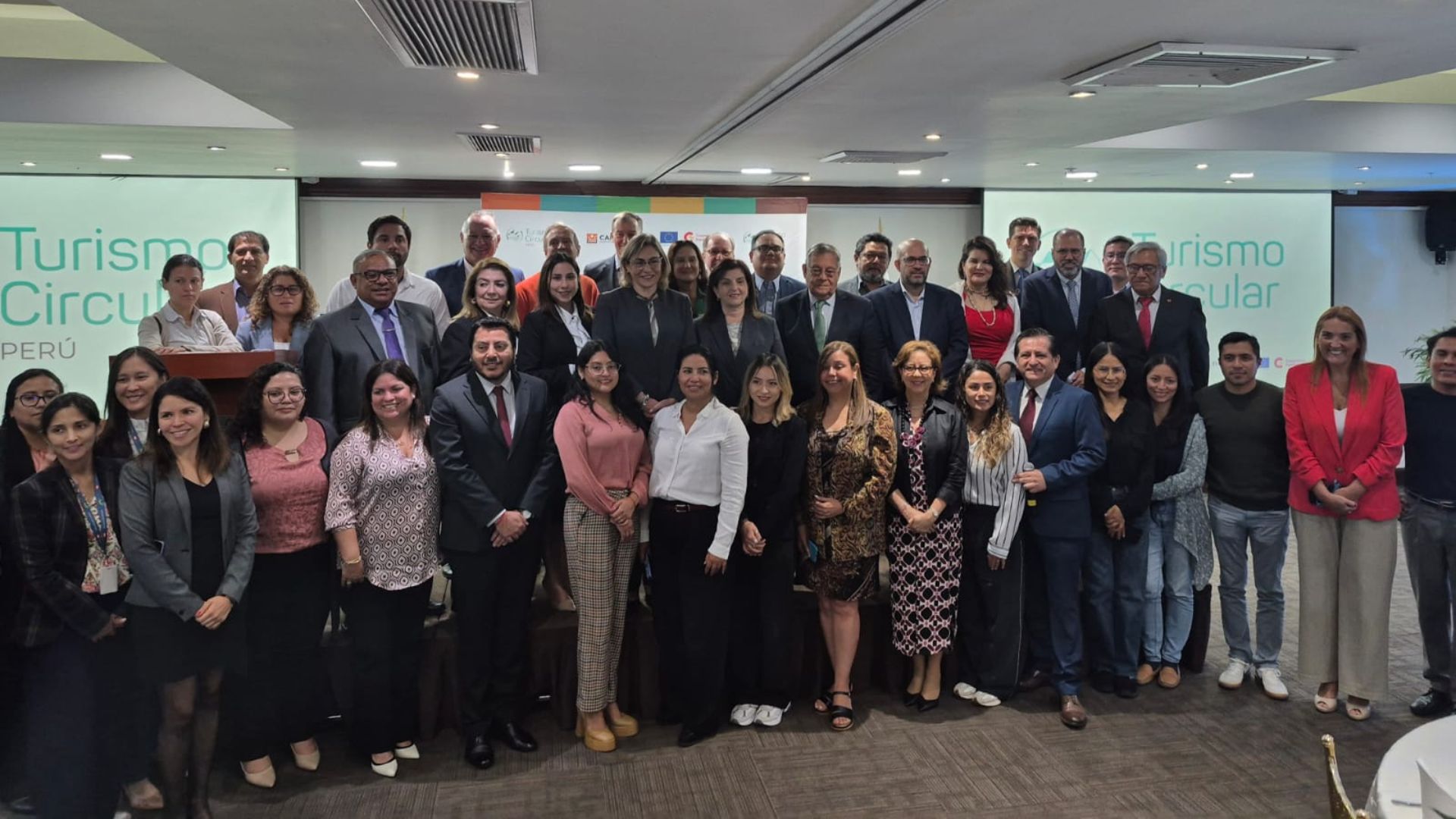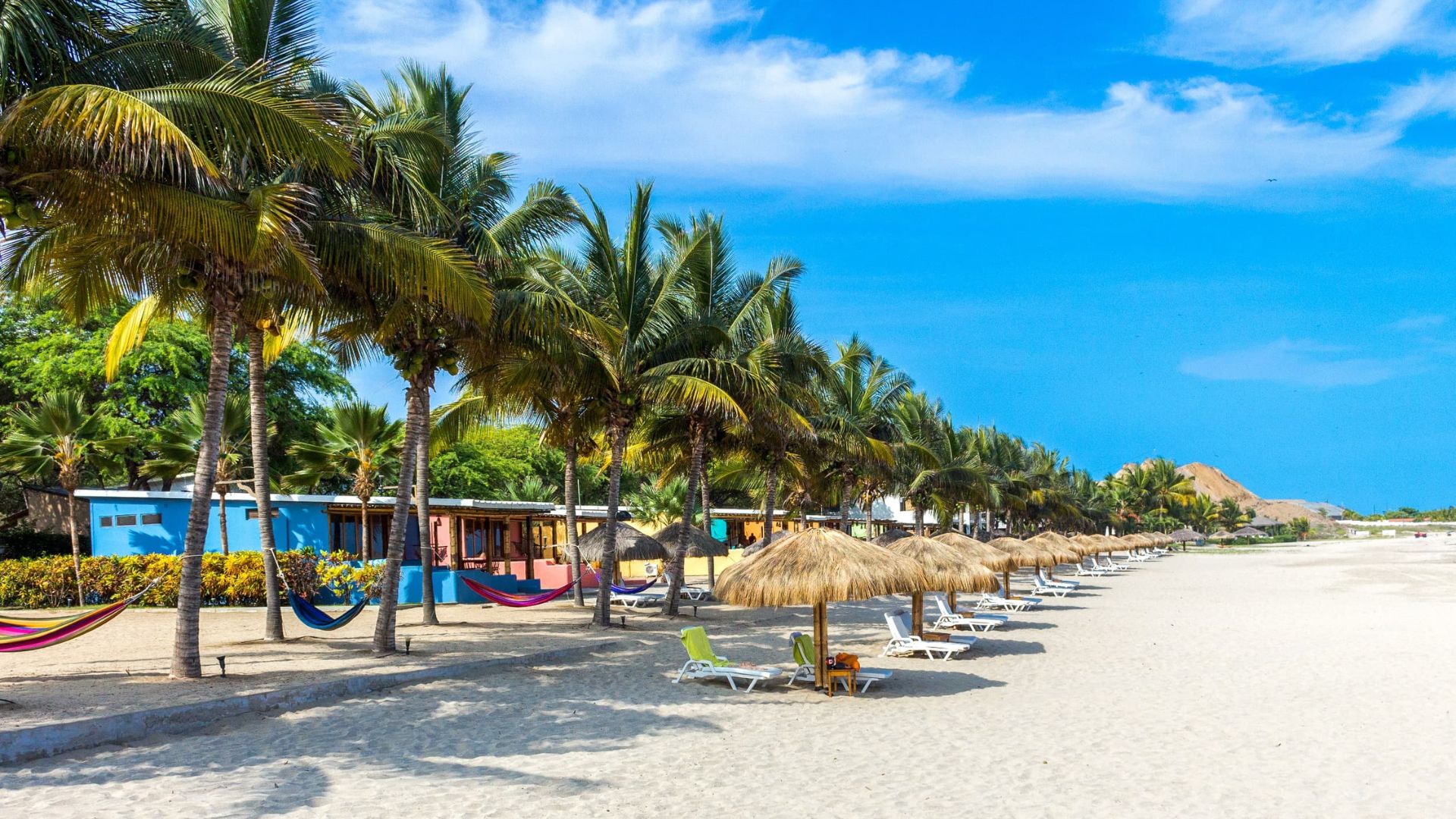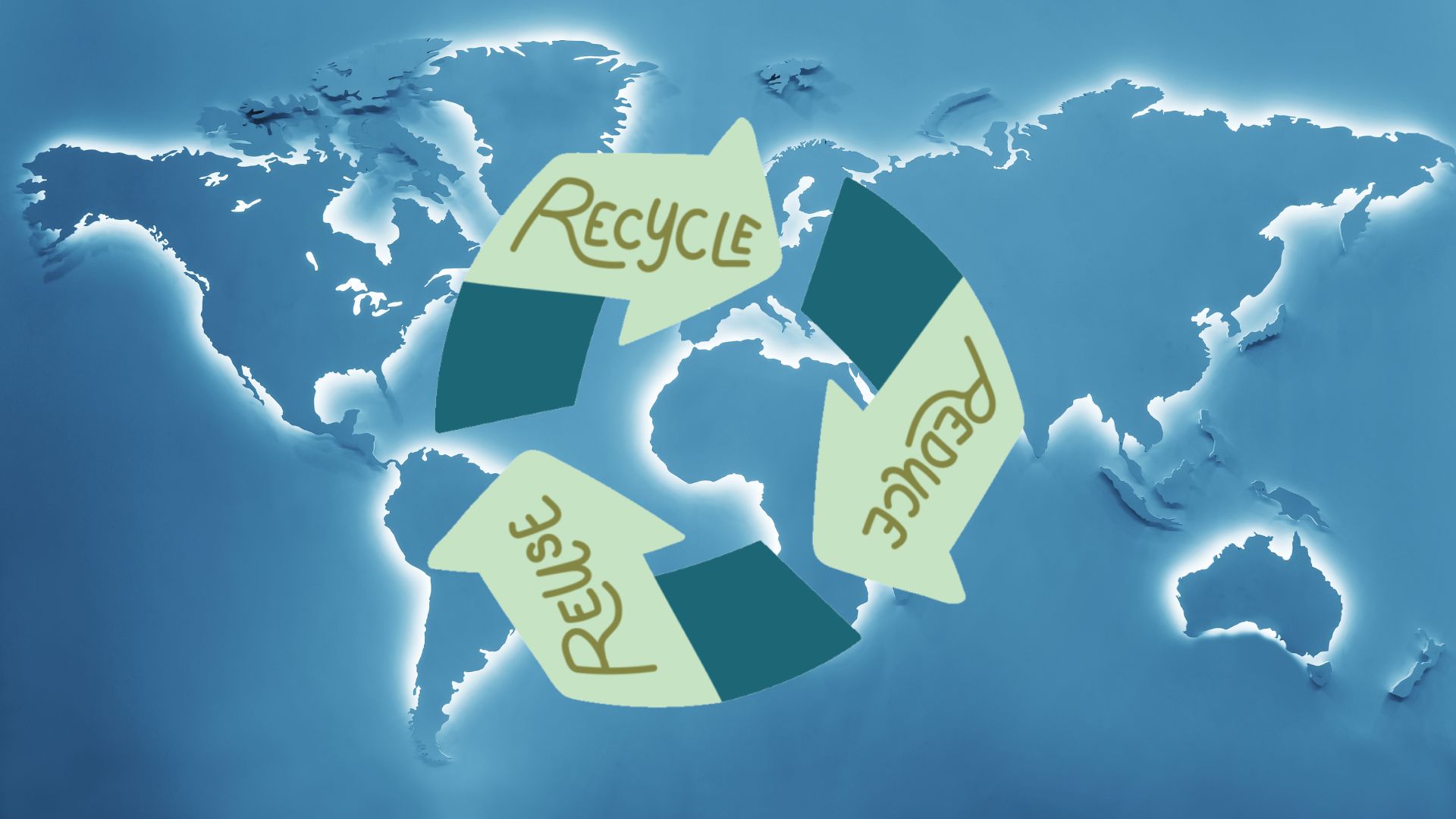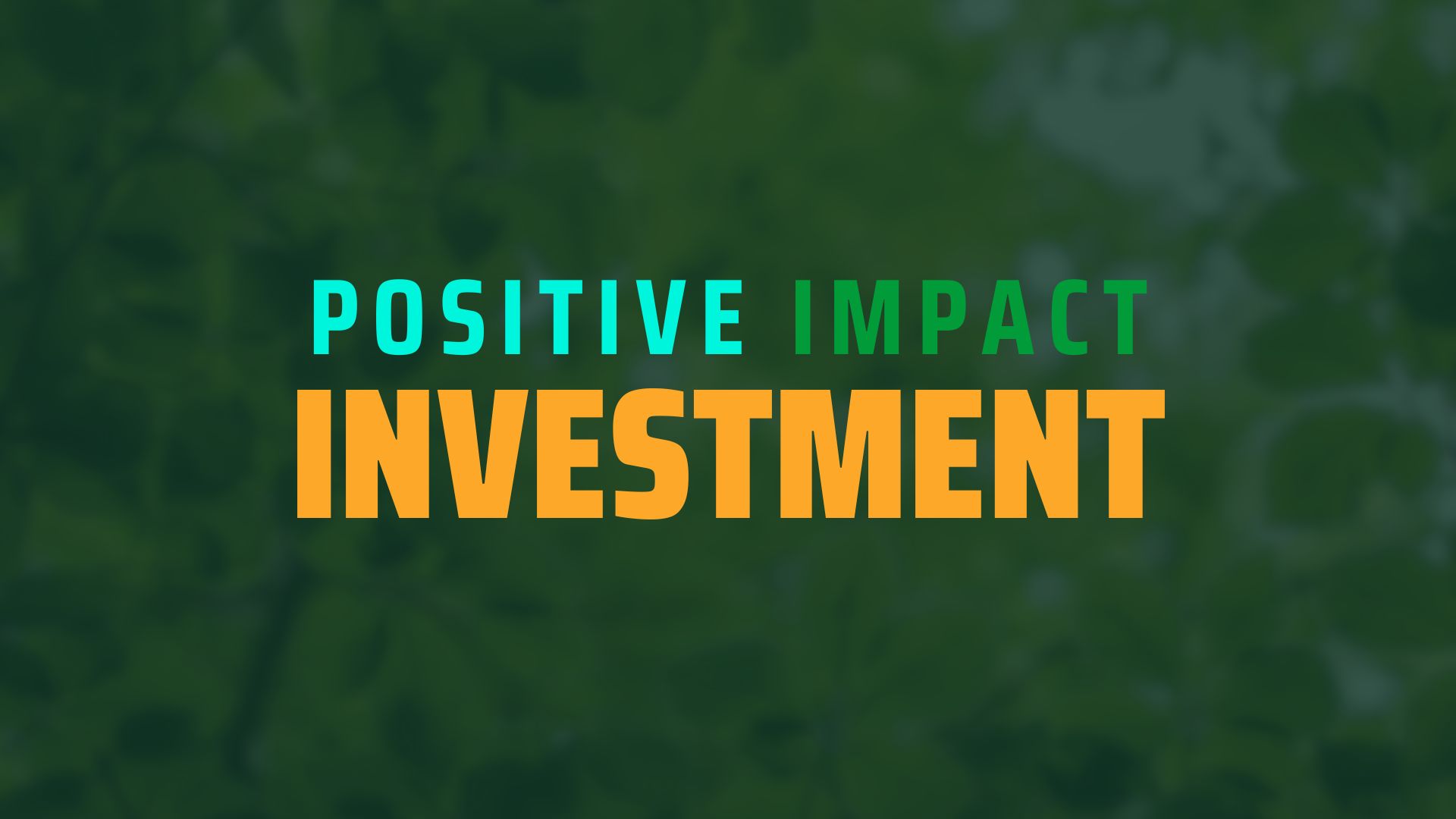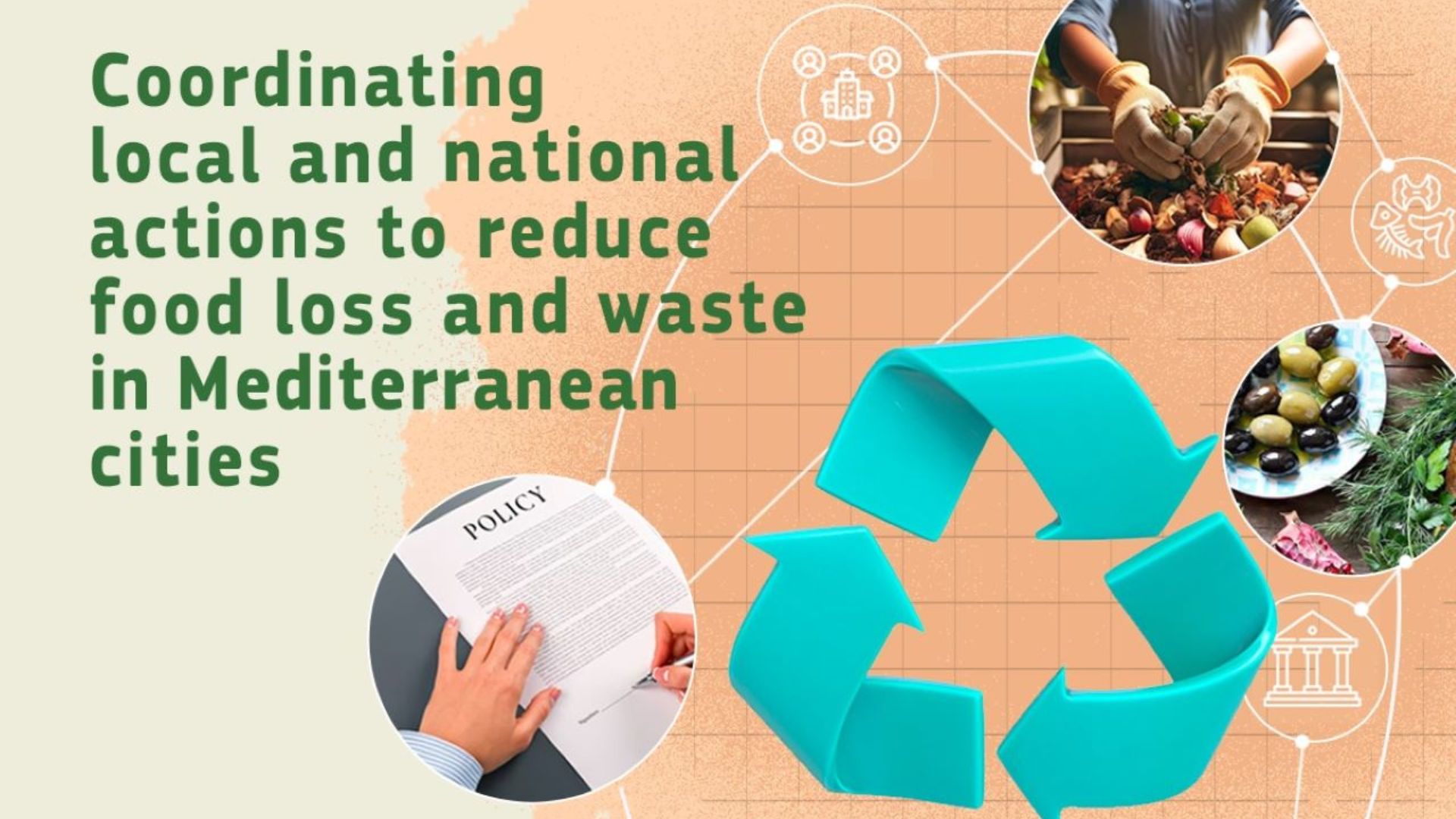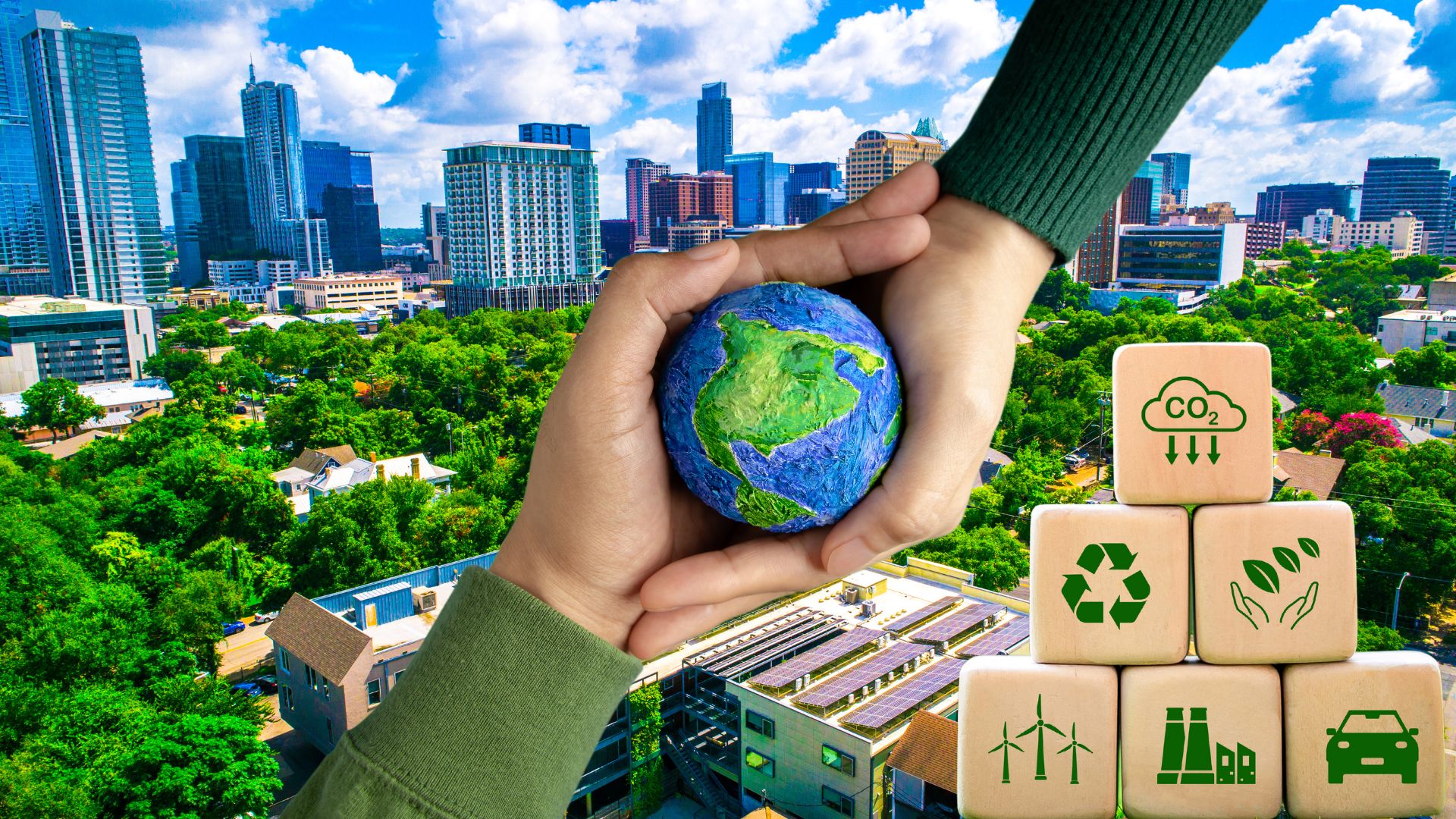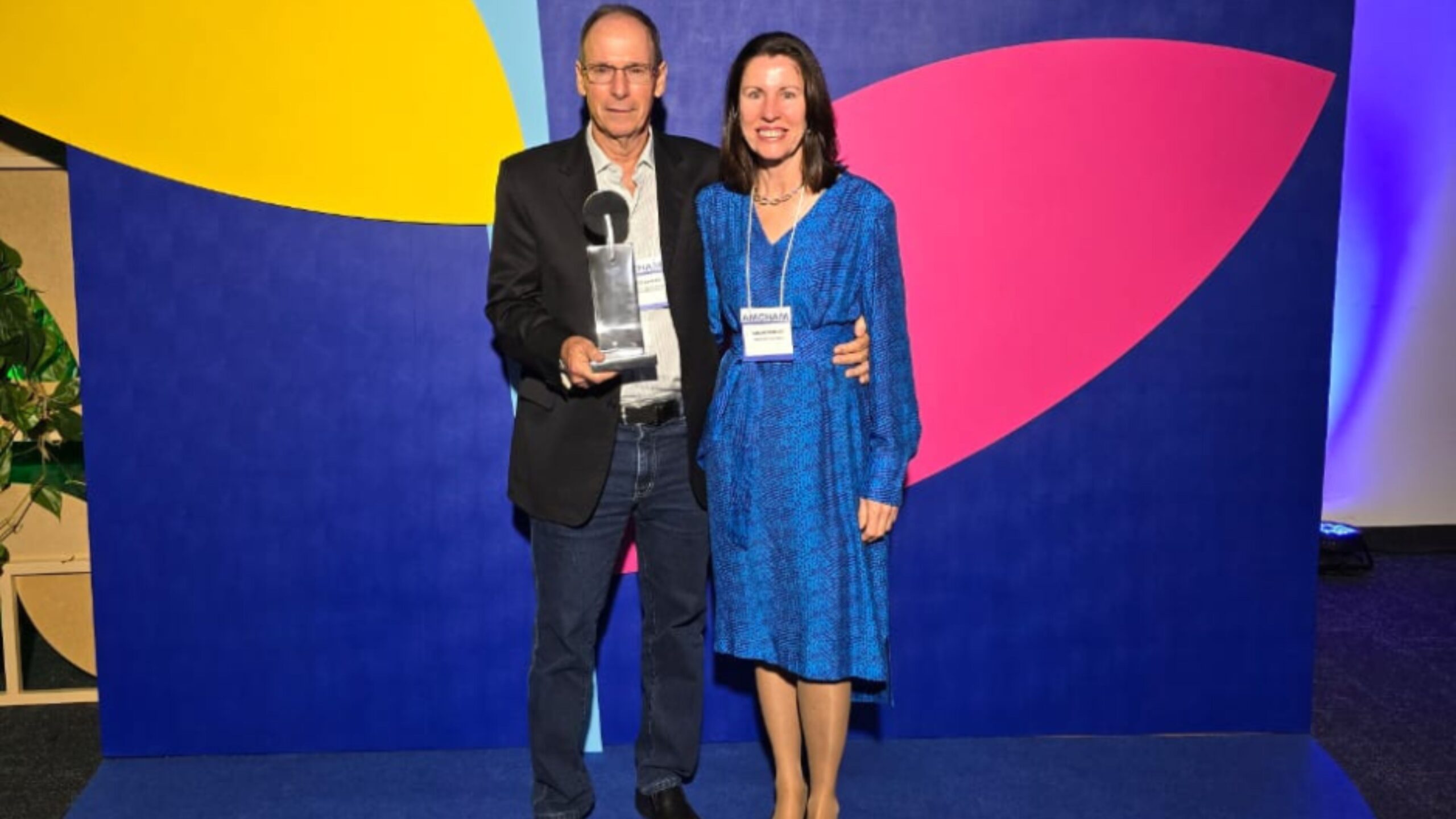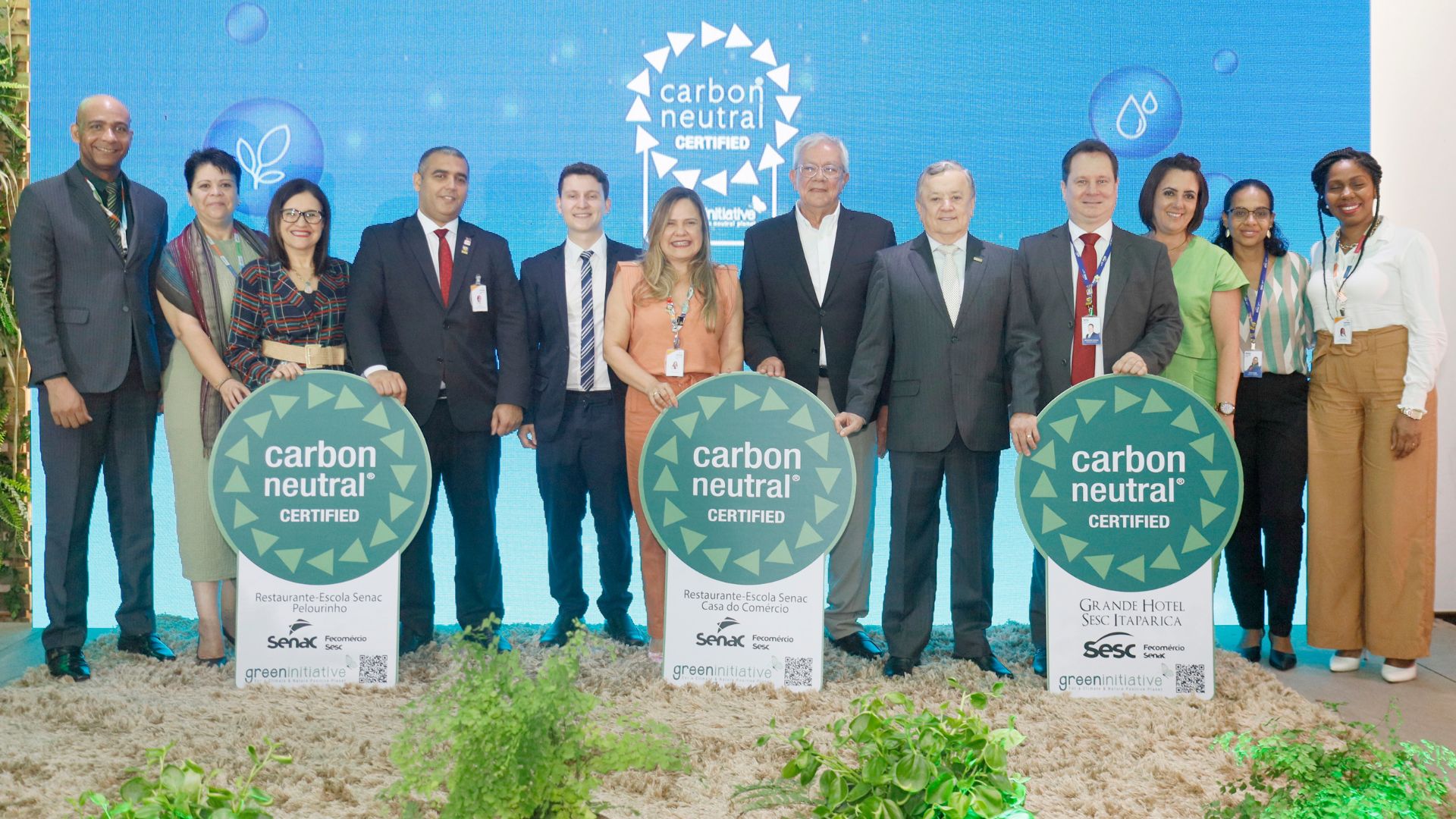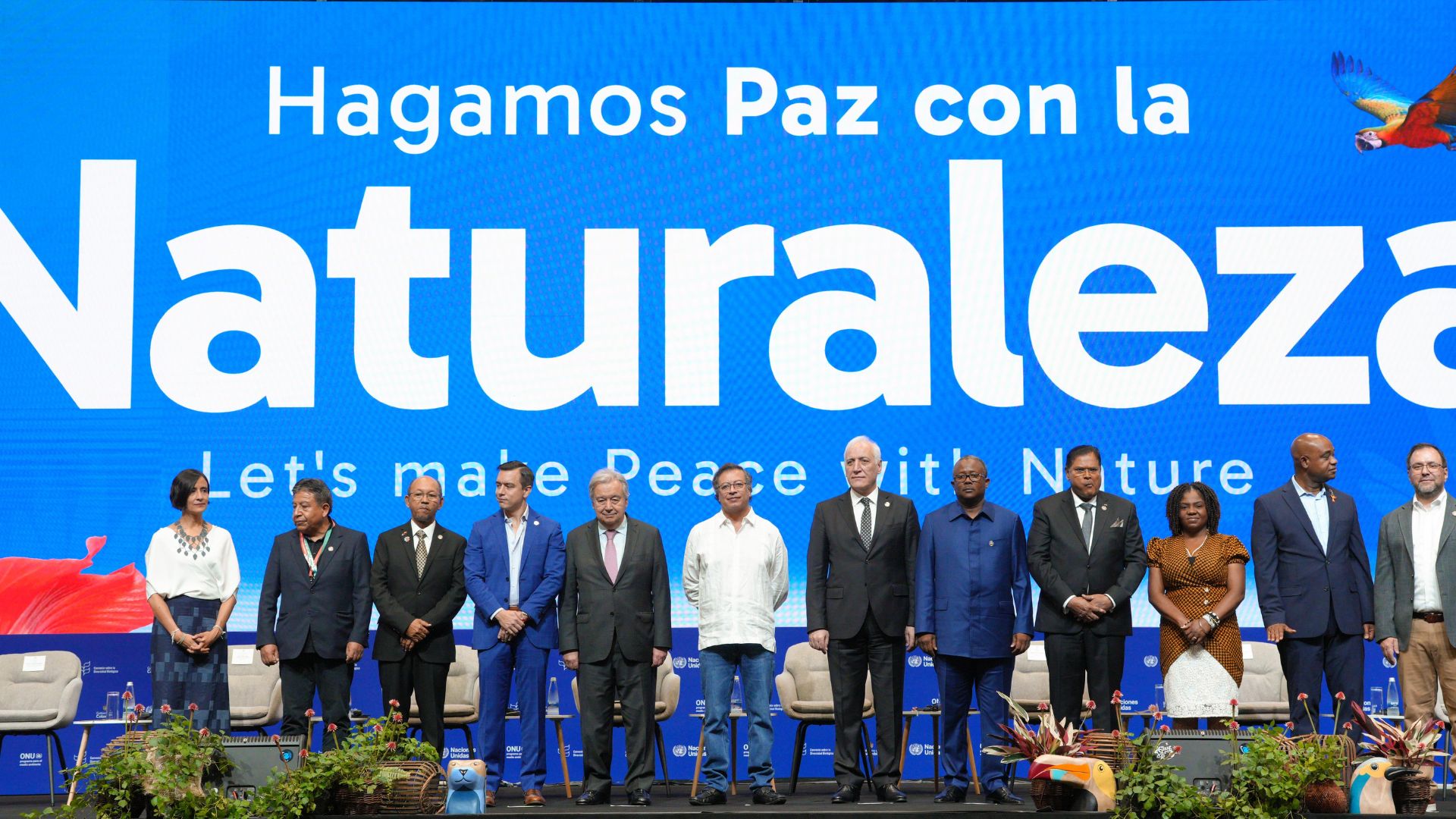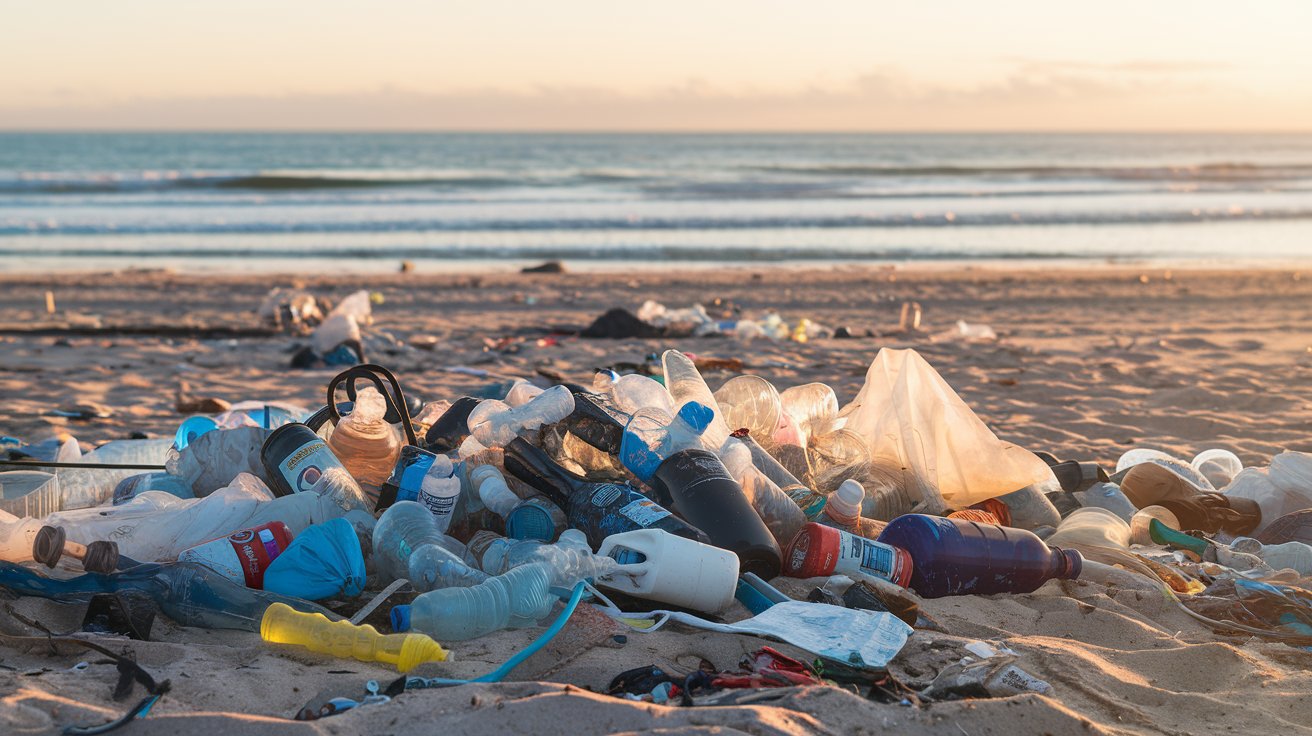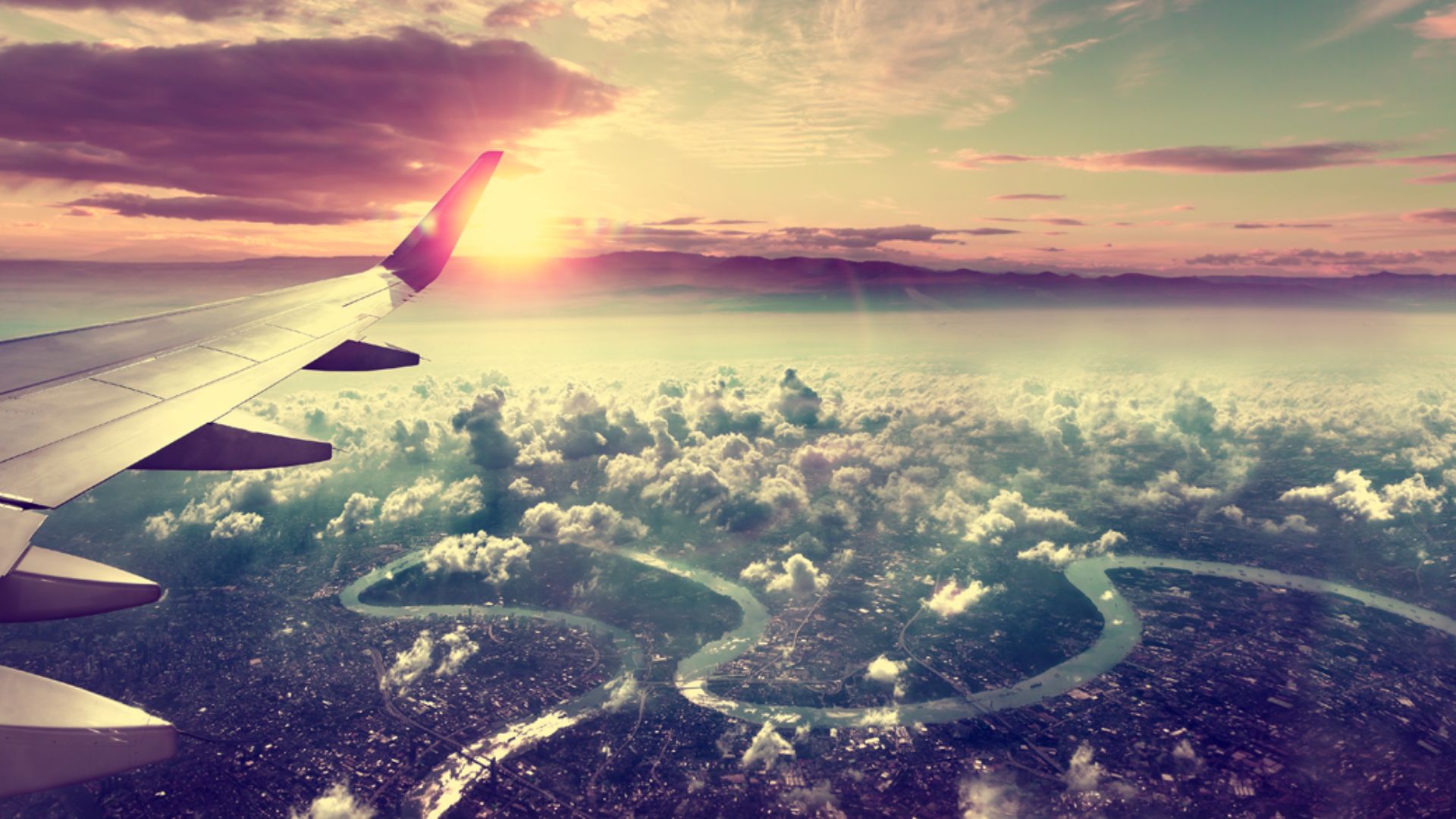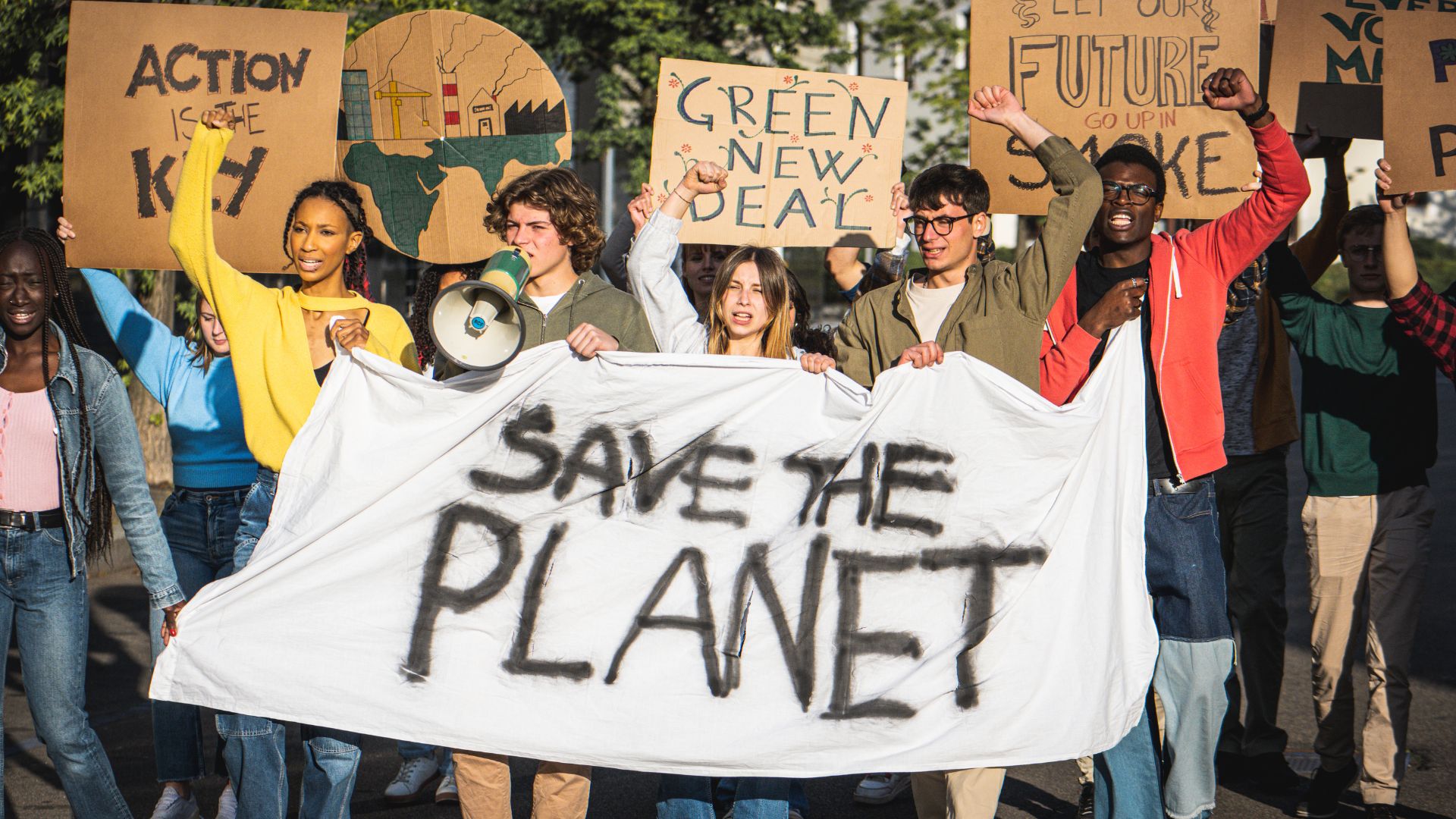The environment is not just the scenery that surrounds us—it is the foundation of our existence. It provides the clean air, drinking water, nutritious food, natural medicines, and raw materials we depend on to survive. Yet for decades, we have exploited these resources unsustainably, without fully considering the consequences.
Today, we face a global environmental crisis that threatens our health, economies, and the future of generations to come.
A Vital Connection We Cannot Break
Our relationship with the planet is deeper than many realize. Ecosystem services—the essential benefits we gain from nature—are critical to human survival. Every aspect of our daily lives is tied to natural ecosystems:
- Wetlands purify the water we drink
- Fertile soils and pollinators sustain the global food supply
- Forests regulate the climate and clean the air
Scientific research has consistently shown a direct correlation between ecosystem health and human well-being. When ecosystems thrive, human life prospers. When we degrade them, cascading effects harm our health, economies, and food security.
Protecting the environment is protecting ourselves.
Threats We Can No Longer Ignore
Recent decades have driven the planet to a critical state extensively documented by scientists. The main threats we face are interconnected and mutually reinforcing: every year, over 400 million tons of chemicals—many toxic and persistent—are released into the environment, while microplastics have reached even the most remote regions of the planet and have been detected in the human placenta.
Simultaneously, we lose over 10 million hectares of forest annually—equivalent to the size of South Korea—destroying irreplaceable habitats that host 80% of terrestrial biodiversity. We are experiencing the sixth mass extinction in Earth’s history, with one million species at risk, vanishing at a rate 100 to 1,000 times faster than natural.
Global temperatures have risen by 1.1°C since pre-industrial times, leading to more frequent extreme weather events, prolonged droughts, devastating fires, and the forced displacement of entire communities. Air pollution alone causes approximately 7 million premature deaths annually, proving that environmental degradation is no longer a future problem—it is a present-day reality.
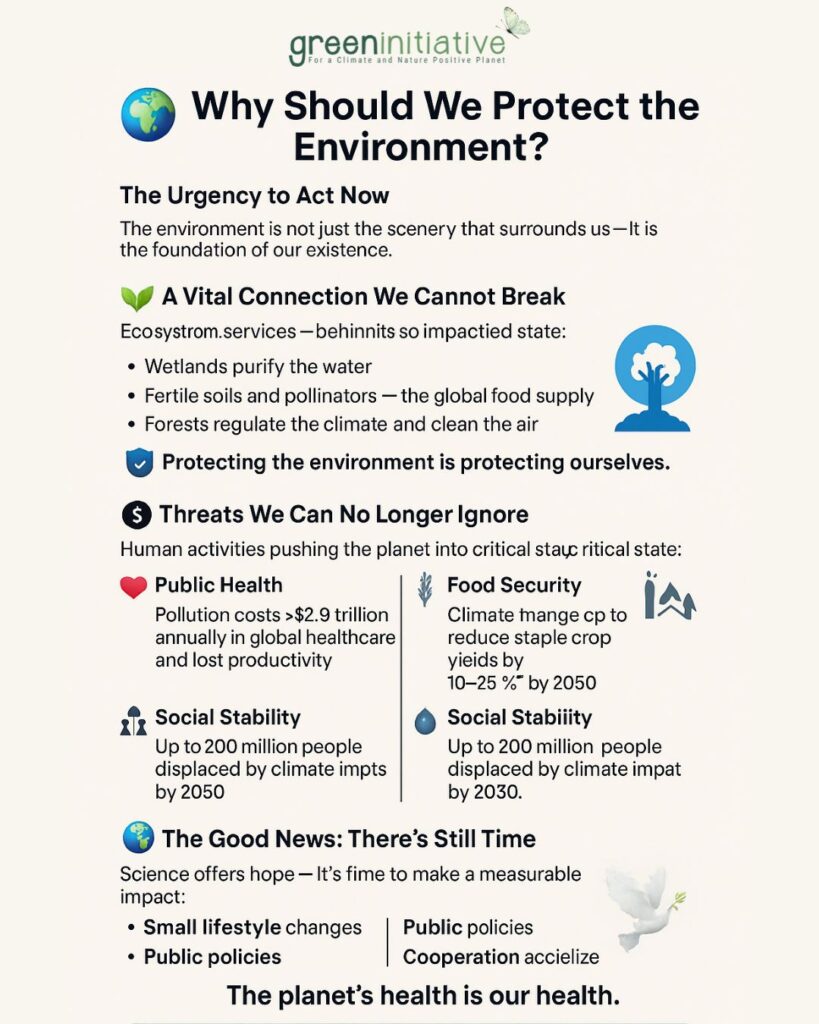
The consequences go far beyond the loss of beautiful landscapes. Economic research estimates the cost of inaction far outweighs preventive action:
- Public Health: Environmental pollution costs the global health system over $2.9 trillion annually in medical treatments and lost productivity.
- Food Security: Climate change may reduce yields of staple crops by 10–25% by 2050, threatening the food supply for billions.
- Social Stability: Environmental factors contribute to conflict and migration. By 2050, up to 200 million people could be forced to migrate due to climate change.
The Good News: There’s Still Time
Despite the magnitude of the challenges, science tells us we still have time to halt the damage and change course. The next 10 years are crucial, but we have the tools and knowledge to act. Research has identified effective interventions at multiple levels—from individual lifestyle changes (e.g., reducing meat consumption, using public transport, choosing low-impact products) that can cut personal carbon footprints by up to 50%, to business transformations toward a circular economy, which could generate $4.5 trillion in economic benefits by 2030.
At the same time, effective public policies can dramatically accelerate the transition to sustainability. The Paris Agreement has shown that international cooperation is possible with political will, while companies adopting sustainable practices not only reduce environmental impact but also improve long-term profitability.

A Hopeful but Urgent Call to Action
Protecting the environment isn’t just about saving trees or recycling—though those actions matter too. It’s about preventing disease, natural disasters, food shortages, and social crises. It’s about ensuring dignified, safe, and just living conditions for all—today and tomorrow.
The green transition isn’t just necessary—it’s a powerful economic opportunity. Up to 395 million jobs could be created by 2030 in fields like renewable energy, energy efficiency, and ecosystem restoration.
🌿 The planet’s health is our health.
The science is clear: we must transform our relationship with nature—starting now.
Every choice we make—from what we buy to who we vote for—can be part of the solution. The challenge is immense, but so is our ability to overcome it together.
🕊️ The time to act is now.

This article was written by Virna Chávez from the Green Initiative Team.

